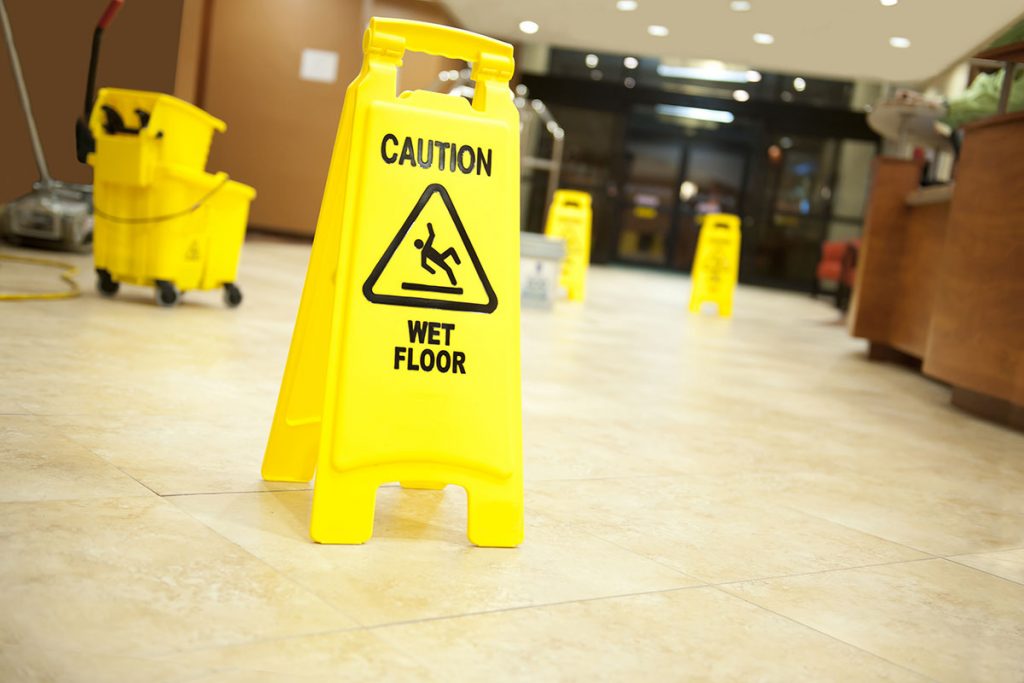My House Owners Insurance Policy Does Not Cover What? Dora Department Of Insurance Policy
For these things, you might intend to take into consideration purchasing extra coverage. Damage from quakes or earth movement is generally not covered with a conventional property owners plan, but extra quake insurance policy coverage is readily available. With these plans, the insurance deductible is normally a percentage of the amount of overall insurance coverage, not a set amount. Any type of problems caused by the moving of the planet beneath your home are not usually covered by your home insurance coverage. However, there are added insurance coverage choices that will certainly cover this kind of damage. This only describes problems straight triggered by the earthquake itself, and earthquake insurance coverage usually has a higher deductible than normal insurance policy.
- Right here are seven unexpected homeowner's insurance spaces-- and ways to protect on your own.Sadly, if you have a history of criminal offenses, this can hurt your chances of qualifying for an insurance policy.If a previous owner has made insurance coverage claims on the residential property, evaluation what the insurance claims were for.For instance, if your city, county or state customizes residential or commercial property regulations, you may locate yourself in a placement where you need to bring some facet of your home or building up to code.You ought to on a regular basis examine the quantity your buildings insurance policy cover as rebuild prices often tend to increase with time.

What Is Not Generally Covered By My Home Insurance Policy?
For instance, if a tornado breaks your home window and the Deductions and Credits resulting water damages triggers mold and mildew, you might have insurance coverage for the mold and mildew remediation. But for mold and mildew that creates slowly or for which you can not recognize a reason, you will likely require to pay for any type of essential therapy and repair services expense. Some companies might offer an endorsement for mold and mildew remediation, so you might intend to speak with your insurance agent to see if this is an alternative for you. While staying on par with upkeep is a great means to assist protect against that, your home insurance provider won't generally aid you spend for it. To fund home upkeep tasks, you might want to take into consideration setting aside a section of cash.
" You can't wait up until there's a hurricane turning up the coast to buy," says Stacey Giulianti, chief lawful police officer at Florida Peninsula Insurer in Boca Raton, Florida. While many people assume that flooding only affects properties near water, more than 25 percent of flood claims occur beyond high-risk areas, according to FEMA. It doesn't take much to create a major migraine-- FEMA estimates that just 1 inch of water can create around $25,000 in damages.
What Does Home Owners Insurance Policy Not Cover? 13 Usual Policy Exclusions
Rather, they're certified by the state where the firm runs from. Due to the fact that they aren't subject to your state's policies, these business have the freedom to bill higher prices for less protection. In addition to tips on Commercial driver insurance exactly how to avoid them, we'll allow you understand what you might be able to assert for and what you probably won't. Right here, we discuss what is and, notably, isn't commonly covered by home insurance coverage.
Whether it is vermins, termites, computer mice or any type of other sort of vermin, you will most likely not be repaid for the problems brought on by the invasion of these animals. Technically, infestations are made worse by a buildup gradually, and many insurance companies take into consideration the elimination of vermin and upkeep of your home a part of basic upkeep. As a guideline, buildings-only insurance covers the physicals of your house, i.e. any kind of structure materials, fittings and fixtures that can not be eliminated from the building without damaging it. Terraced homes and flats are rated riskier, because floodings and fires can spread out extra easily. Older structures are also much more costly to guarantee-- specifically those constructed between 1850 and 1940-- considering that ageing frameworks are most likely to cause damage claims.
